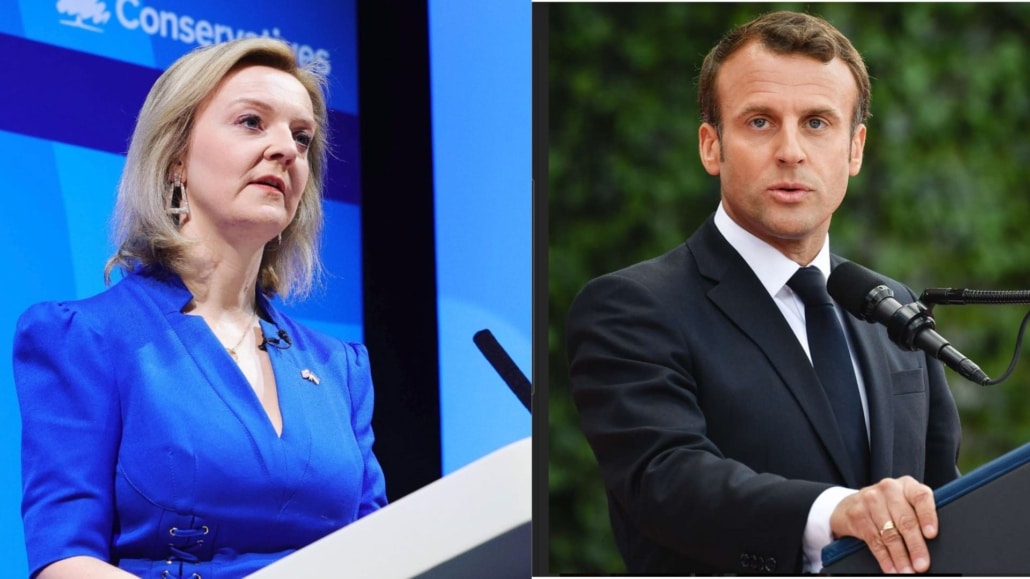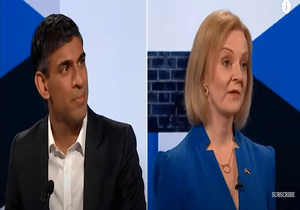The Most Important Media Interviews This Year
Anyone who thinks learning to manage a media interview is a rather self-indulgent and unnecessary skill should pause and consider the pressure on Jeremy Hunt in the last couple of days.
On Friday, he was apparently resigned to a quiet life on the back benches: on Saturday he was doing live TV interviews, knowing that the entire UK economy was finely balanced on every word he said.
I have studied two of his interviews: the live one on Sky News on Saturday and the sit-down with Laura Kuenssberg on Sunday, which was pre-recorded.
On Saturday, all his key messages were already in place and he did well but looked nervous. By Sunday he had hit his stride and, in my opinion, gave an almost textbook ‘good’ interview with only one ‘slip’ that I spotted.
I need to be honest with people – tough decisions ahead
We are compassionate Conservatives, we will remember the needs of the vulnerable
No specifics today, we need to look at everything
Remember we are a strong country, 4th largest economy in the world
These message come across and are repeated in both interviews.
Of course, we all understand that the tone is as important as the words. Hunt’s tone has everything I ask for in training: he spoke with ‘warmth, authority and animation’. He is a politician so good performance does not mean people ‘believe, like and trust’ him: but he is certainly more credible than his new boss.
For those of you who speak fast in interviews, please note Hunt’s very measured speed. He needed to stay in control and weigh every word, whilst sounding in control and confident. You can’t do this if you gabble. Also, by speaking slowly we get no filler words or sounds: no ‘you knows’ and ‘ums’ or ‘ers’. It gives the impression of confidence.
Read Eric Dixon’s blog: Getting Rid of Ums and Ers here.
Hunt had also clearly planned answers to tough questions. The one that brought a smile was when asked if he wanted to be leader he said: “Having fought two leadership campaigns and lost two, the desire to lead has been ‘surgically removed’.”
Humble, funny but also, we might note, not an absolute commitment not to run for leader again.
The one slip?
I think Kuenssberg was the first to say ‘off the table’. She asked directly is anything ‘off the table?’ when considering cuts in public spending. Hunt did not pick it up immediately, but by the end of the answer he said ‘nothing is off the table’. This is something we specifically teach people not to do.
How many times have we heard that one phrase referred to in the last 48 hours? My observation is – he said it by accident. He picked up Kuenssberg’s language and in fact, despite his preparation and control, it is her words (her sizzle to the initiated) that have led the bulletins, not his. That doesn’t mean he did not mean it but she wrote the quote, not him.

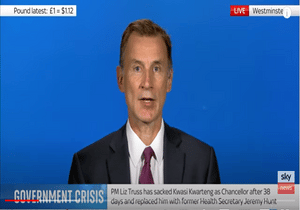




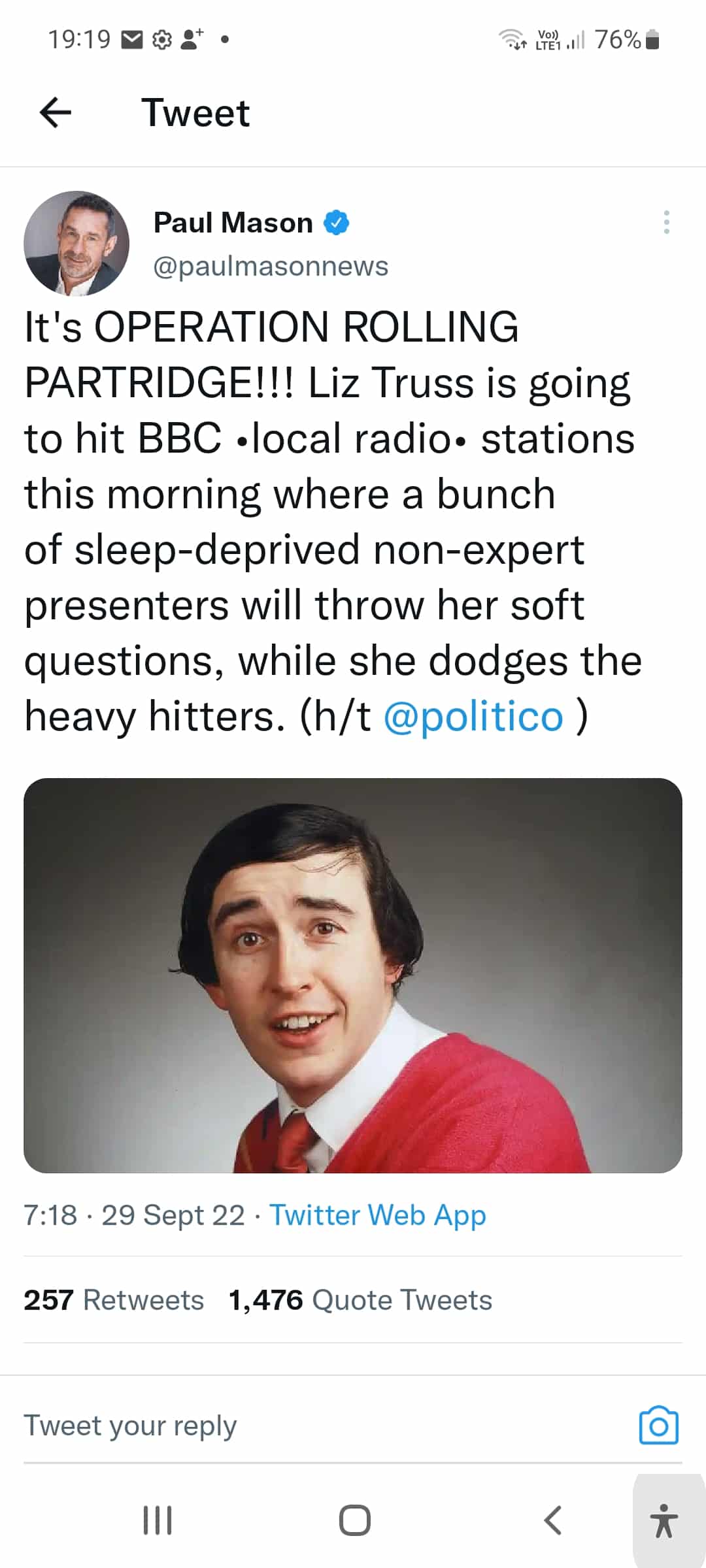
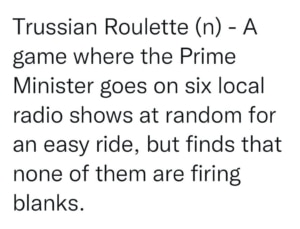
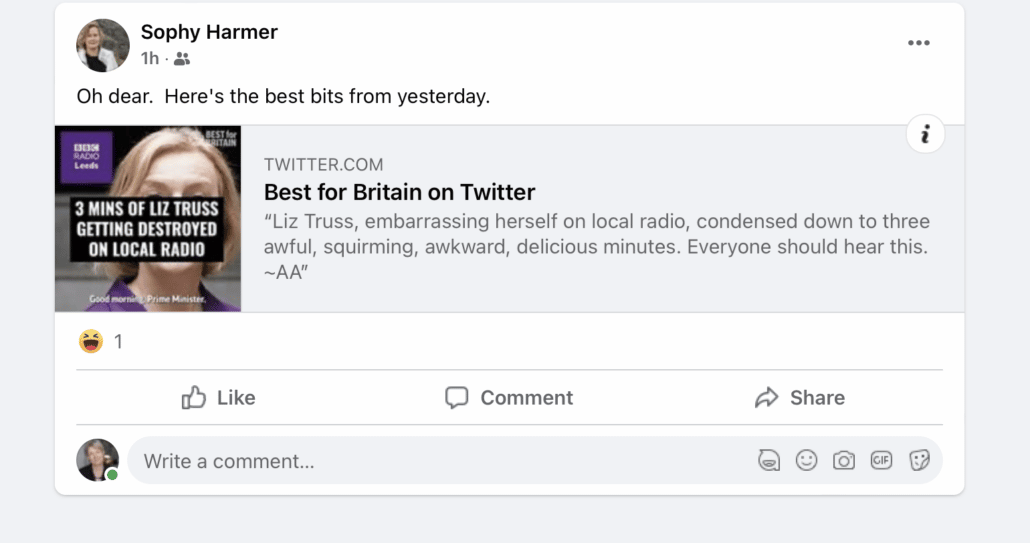




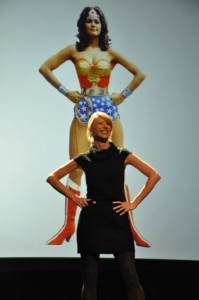
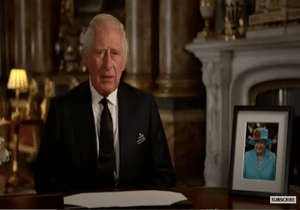
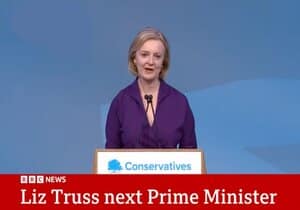
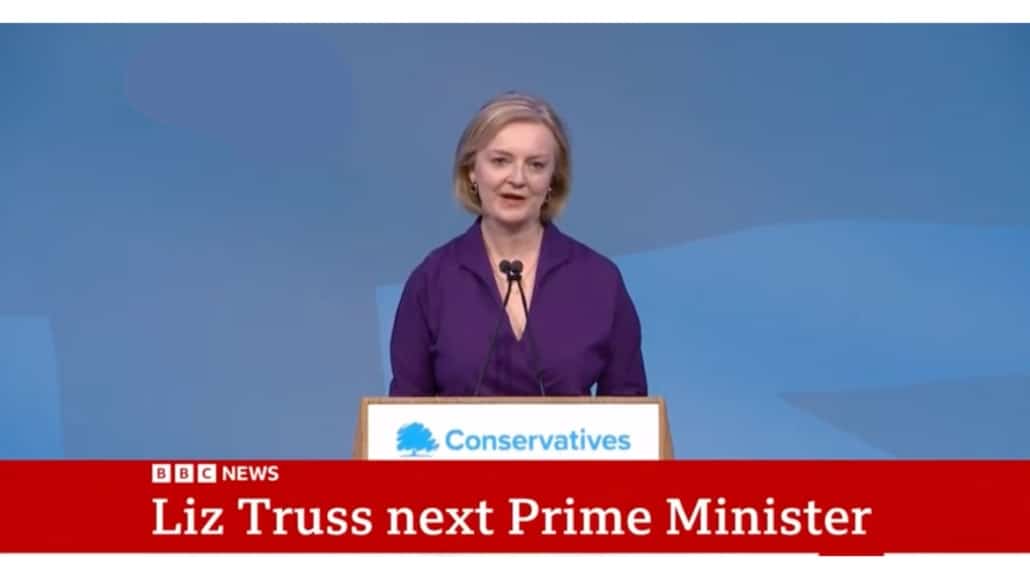 That said, and despite the recent diversity on UK front benches, we are still missing out on hearing the voices of women in public life. So many women of substance, not just here but worldwide, hold back because they are surprisingly under-confident.
That said, and despite the recent diversity on UK front benches, we are still missing out on hearing the voices of women in public life. So many women of substance, not just here but worldwide, hold back because they are surprisingly under-confident.
